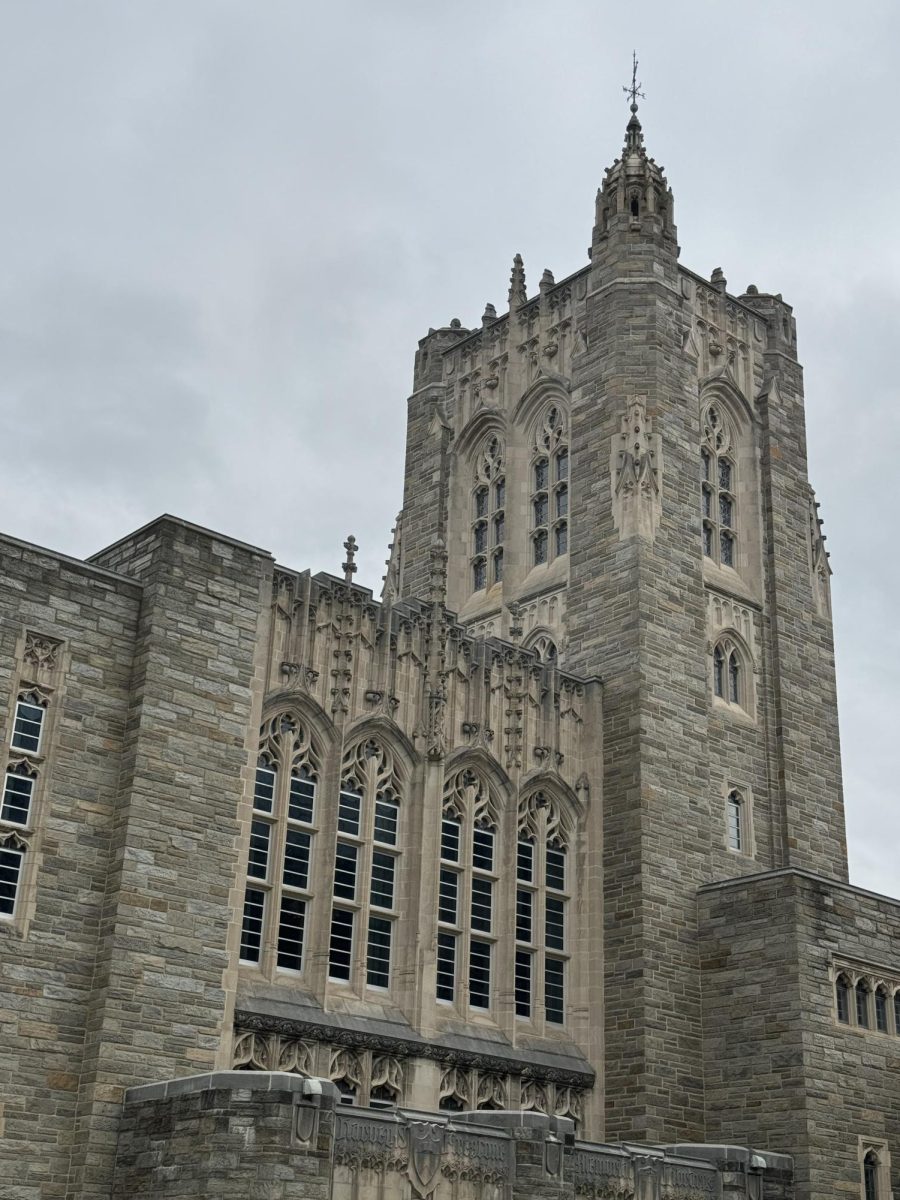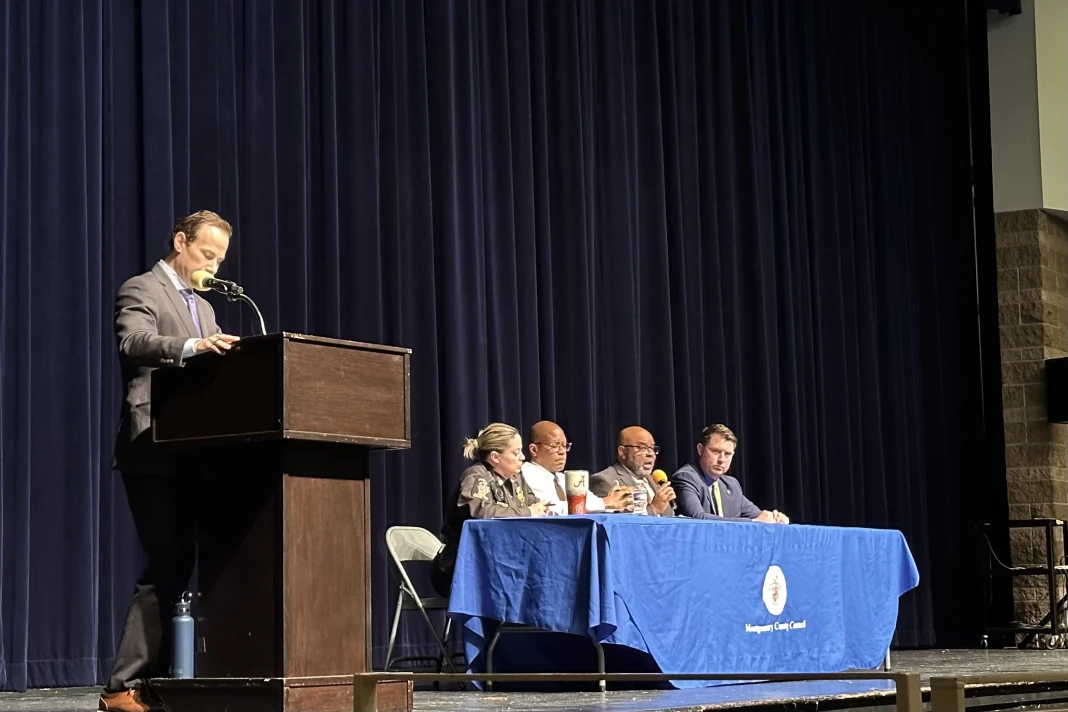After nearly two years of legal battles, sloganeering and dramatization, county officials have scrapped plans to convert Nick Maravell’s beloved farm off Brickyard Road in Potomac into a kids’ soccer complex.
At what cost? Between the picket signs and the accusing videos, the lawsuits and the realpolitik, what should have been an easily resolved community misunderstanding turned into an epic display of unnecessary disunity.
The Brickyard debacle seemed to be a very simple problem. In March 2011, the county’s lease to Nick Maravell expired, and it decided to lease the land to Maryland Soccer, Inc. (MSI) to develop the lot into soccer fields for locals. This move was a surprise for many in the community who over the years had grown to appreciate the peaceful organic farm in their backyard.
Montgomery County owns the lot, and, as owner, ousting Maravell was well within its bounds. However, the people rightly wanted to be involved in the decision about the public land.
As a community, we would like to imagine that the ensuing discussion would include the opposing interests—the people and their local government—calmly explaining their perspectives so that mutual understanding might be reached and an agreeable solution be found. We would like to imagine that the situation was resolved in a manner that reflects our community, employing mutual respect and civility.
Instead, the issue somehow turned into a trench-warfare, ideological battle overnight.
Both sides immediately began spewing out political rhetoric that was, of course, tangential to the issue.
Environmentalists cried bloody eco-murder.
Naturalnews.com, a pro-organic online news source, maintained that the cold county officials were attempting to “destroy the local treasure” of Nick’s fragile ecosystem with their nefarious plans for a soccerplex.
Few could have escaped the plethora of picket signs and bumper stickers that echoed the misleading phrase, “Save Brickyard,” as if the neighborhood, without your support, would burst into flames.
After engaging in underhand dealings with MSI, the County Council delicately and persistently sidestepped the community’s legitimate demands for transparency.
According to a July 2012 Washington Post article, the county would not release documents that would prove this shady activity true or false. A Maryland circuit court judge had to force the county to acknowledge public information laws and release the documents.
No, mutual respect and civility were entirely lacking. This simple case proposed two favorable, innocent options: a family-run organic farm and a ball field. No one was out to deprive children of agricultural education or physical exercise. Rather, either option would have benefited the community.
Yet, we somehow warped the misunderstanding into a convoluted and illogical argument that remained unresolved far longer than was remotely necessary.
In a political atmosphere where Americans are calling on the national government to quit the childish games and meaningless rhetoric to solve simple problems, we must reconsider what merit we hold to that complaint.
If what happened with Brickyard is the norm for problem solving in our community, then the way Congress is handling decision-making should come as no surprise at all.













